October and November 2021 mark the full restart of the Parma theater season, in particular with the twenty-fifth edition of the Natura Dèi Teatri Festival. A flourishing period for the Lenz Fondazione, which will soon inaugurate three new interesting projects: Campo Lenz. Landscapes and passages in the poetics of Lenz Fondazione (project curated by Silvia Mei, focused on the research of Maria Federica Maestri and Francesco Pititto, scheduled for 12 and 13 October at the Centro La Soffitta of the University of Bologna); Hamlet Solo interpreted by Barbara Voghera at L’Altra Mente Festival in Foligno (PG) recently staged at the Venice Biennale Theater with Altro stato and in December, the Creation of the Creation, centered on the artistic investigation of the Holy Scriptures. The 25th edition of the Natura Dèi Teatri Festival is an all-female edition, which from 7 October to 26 November will involve the autumn days in Parma.
But let’s find out more with the artistic directors of Lenz Fondazione, Maria Federica Maestri and Francesco Pititto, whom we thank again for giving us this pleasant chat.
Antonella Buttazzo: What is the role of women in the world of performing arts?
Maria Federica Maestri and Francesco Pititto: The ability to graft the real into the imaginative, the curatorial tension and the training vocation, the need to give body to the Ego by multiplying its forms in different WE, the obsession with investigating the meaning of being, the primacy of human assemblages in artistic practice, the search for external inhibition in favor of an ethical and aesthetic rigor rather than the muscular exhibition of the stage act, the rarefied and dense compositional quality at the same time, the desire for dialogue transdisciplinary: they seem to me some of the evidences that I observe in the female artistic identity in the field of performing arts, but in general I believe that they can extend to the work of artists in different linguistic fields, such as art, cinema, fashion.
Why is there still a need to dedicate shows and festivals to the female universe in a society that is, in some ways, so advanced?
Because Italian society is highly unbalanced: an enormous distance separates universities and cultural institutions from the realities – still widespread in most of our country – in which women are considered second-class subjects, inferior in terms of representation, opportunities and equal economic treatment in almost all work contexts, not least in the artistic one. To overcome this system of inequalities, the strong determination of activists, trade unionists, scientists, teachers, artists, curators is indispensable. To build a new order, a new history, we are again obliged to be radical. The cultural achievements and civil rights acquired in the recent past can be weakened and called into question, in this sense the regression of some European governments must alarm us and warn us about possible involutionary influences also in our country.
Among the winners of the call Vivere all’italiana sul palcoscenico, promoted by the Ministry of Foreign Affairs and International Cooperation and dedicated to the enhancement of innovative Italian artistic projects, is La Creazione, which will make its debut at the Natura Dèi Teatri Festival on October 19. You often investigate authors, themes and works through articulated multi-year projects: in which horizon does this show fit?
Already in Heaven. A sacred piece. In 2017, we wrote: “In canto 33 of the third of the three Canticles, the Trinity as a gravitational black hole, now collapsed, swallows the universe of triplets and previous encounters. The hendecasyllables become worlds, planets, stars and galaxies and everything explodes in the sphere of Light as the most powerful of the Supernovae. At the limit of reality, at the limit and beyond language. And there is no more word, only song, vision, pure intuition, abandonment, silence”. The strong visual impact, almost cinematic of the score of Haydn’s Die Schöpfung, which between recitatives, arias, ensembles and choirs leads to original orchestral explosions, to the appearance of the first light, to the precise description of Nature and animals, to the poetic love duets between Adam and Eve to the final thanksgiving to God, all this linguistic Chaos, including the powerful Beethoven effects and Mozartian refinements, makes Haydn’s Creation an absolutely contemporary work. The figures – the Archangels, Adam and Eve – are the bearers of innumerable linguistic stimuli. Moreover, the themes developed are still present, precisely because they are timeless, in contemporary art and culture. Relating the limit of the “human perspective”, the human dimension of time and the latest scientific research on the origin of the Universe, or universes, as well as on the appearance of the first man and woman on Earth is a dramaturgical topic of considerable interest and complexity. However, we believe that artistic research (like scientific and theological research ) can contribute to develop new horizons of knowledge, of profound intellectual experience, both through the experience of the concrete act and through the setting of song to music. From free will to the sin of origin, Haydn’s atelier breaks down into a granular structure that is projected into the stage space like fragments of atoms, pieces of stars and planets not yet composed, in a movement of sound expansion like a cosmic wave that we do not yet hear but that we are beginning to glimpse. Creating is a verb that belongs to art, where everything is created from the void that everything contains, where every human act is hooked to thought and together they project infinite variable signs of meaning and distance relationships into space. The images show a time that implodes, like the angel looking at us falling backwards or falling upwards, like the galaxies that show themselves as they were billions of years ago, like an overturning of the linearity that proceeds towards the appearance of the first face, from the chaos of the first day. First the face, then an upside-down dawn that is already sunset, the first threadlike matter, the first plants, the first vertebrates, the life that begins to fly, the creation of the first man and the first woman, the flight of the blessed angels and that of the fallen angels. Putting the question of the sacred in the foreground for the next three years through the reading of the Holy Scriptures means asking ourselves about the need for theater, rite, community in a time in which the power of image seems to prevail, often in substitution of the physical body.
On November 13, Lenz Teatro will host the première of Orestea. What values can the Aeschylus trilogy convey today?
Erinyes for Eumenides, Eumenides for Erinyes, the theater cannot save the world and what remains today is the ferocity on which the world was formed. Did the war stop? The progressive destruction of the planet? Not even in an idyllic dream, and perhaps only in nightmares, can the bestial origin that lives within every human being, man and woman, single and in groups, and in particular in the clan, in the family, be resurrected? And here we have to go back, the world confined within the home is, as always, the theater of uncovered human feelings and behaviors, true and direct, for better or for worse. Power, affection, love, hatred, revenge seem to remain intact within the hereditary nucleus, partly refractory to what happens outside; even if closely linked to the given order, to the democratic norm of participation, rights and duties; yes but first those of the inside Every citizen is firslyt child, mother, father, uncle, grandfather and so on. From this simple course of things we can investigate the meaning of the quotation, the appropriateness of interpretation, rewriting, staging of this trilogy.
Lenz Fondazione has decided, on the occasion of the twenty-fifth edition of the Festival, to invite mainly artists who have already been guests of Natura Dèi Teatri in the past. What is the reason for this choice and how does it fit into your gaze on the future of your work?
This edition is thematically dedicated to the theme Toccare/Sforzo (Touching/Effort), inspiration from the work of the philosopher Jean-Luc Nancy – unfortunately recently passed away – and wants to give voice to a difference, the female one, which reaffirms its subjectivity in the ways of inhabiting the world, of founding languages, in search of singular and unique authenticity. In these twenty-five years there have been really many artists who have participated in the various editions of the festival and many of them have cyclically returned to Parma to present their works or to create them, stimulated by the conceptual theme that characterized the festival from time to time. To give shape and substance to this edition will be precisely the artists with whom we have dialogued with more continuity and intensity, those with whom, despite the linguistic difference and distance, we have perceived basic affinities and similarities, clear assonances with the ethical reasons that move your own aesthetic doing. Our artistic future will be defined in a further tension in the theoretical and practical research of new visual and performative languages, opening wider spaces for dialogue with neuroscience, gender studies and the sciences of religions. Consequently, the format of the festival will also radically change, becoming a time-place of critical confrontations, linguistic reflections and creative persistence. We will recover its original vocation as an ‘international laboratory of the arts by promoting inclusive curatorial and educational projects, linked to different sensitivities and new visual cultures.
Antonella Buttazzo
Info:
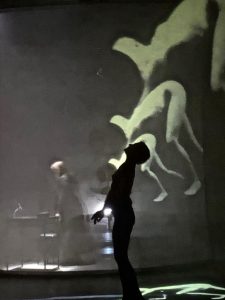 Lenz Fondazione, La Creazione, ph Francesco Pititto, courtesy Lenz Fondazione
Lenz Fondazione, La Creazione, ph Francesco Pititto, courtesy Lenz Fondazione
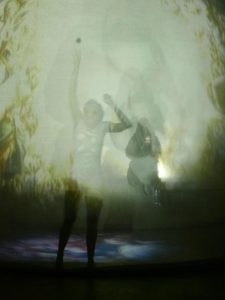 Lenz Fondazione, La Creazione, ph Maria Federica Maestri, courtesy Lenz Fondazione
Lenz Fondazione, La Creazione, ph Maria Federica Maestri, courtesy Lenz Fondazione
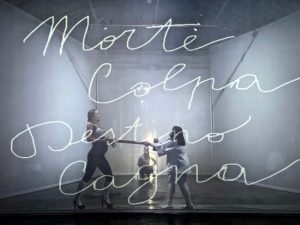 Lenz Fondazione, Orestea # Pupilla, ph Maria Federica Maestri
Lenz Fondazione, Orestea # Pupilla, ph Maria Federica Maestri
 Lenz Fondazione, Orestea # Pupilla, ph Maria Federica Maestri
Lenz Fondazione, Orestea # Pupilla, ph Maria Federica Maestri
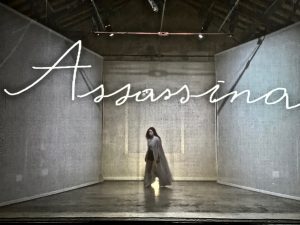 Lenz Fondazione, Orestea # Pupilla, ph Maria Federica Maestri
Lenz Fondazione, Orestea # Pupilla, ph Maria Federica Maestri
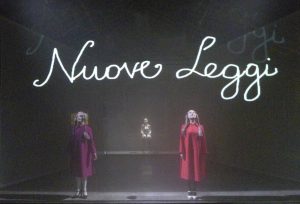 Lenz Fondazione, Orestea # Pupilla, ph Maria Federica Maestri
Lenz Fondazione, Orestea # Pupilla, ph Maria Federica Maestri
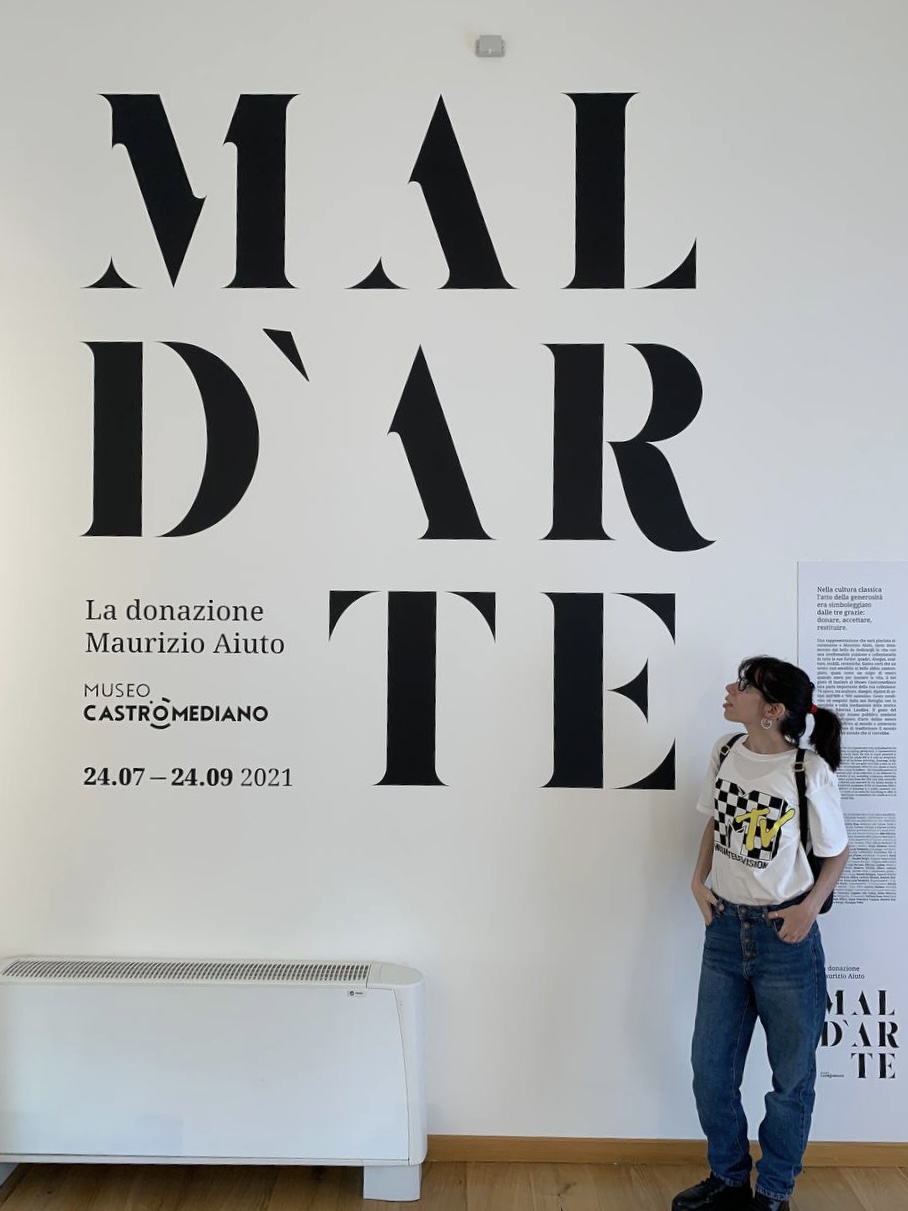
After obtaining the high school languages diploma, she continued her studies graduating in Art History at the University of Salento, with a bilingual thesis on the Pre-Raphaelites. Since then, she has been actively contributing as a columnist and collaborator with national blogs and with local magazines and TV programs.



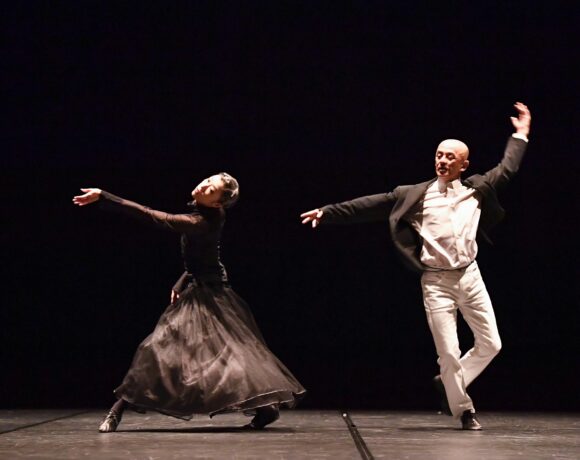
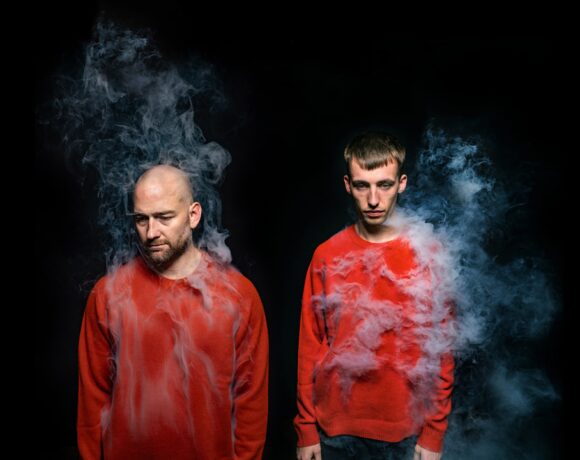

NO COMMENT